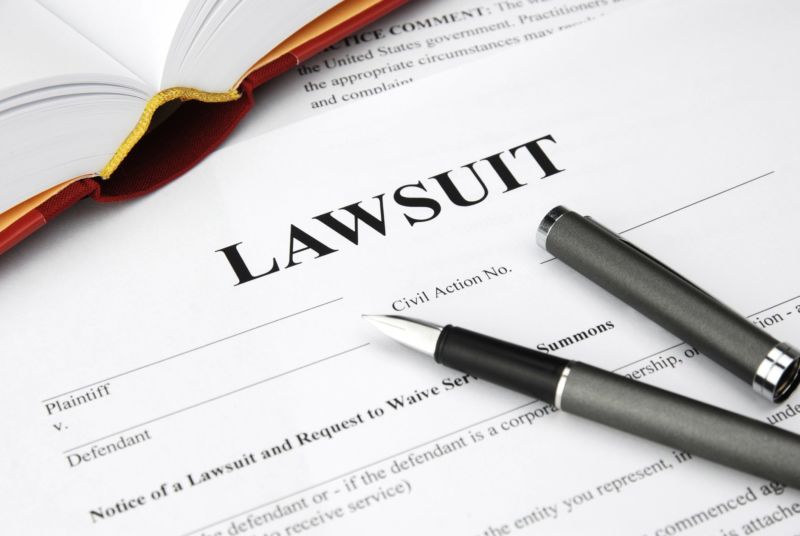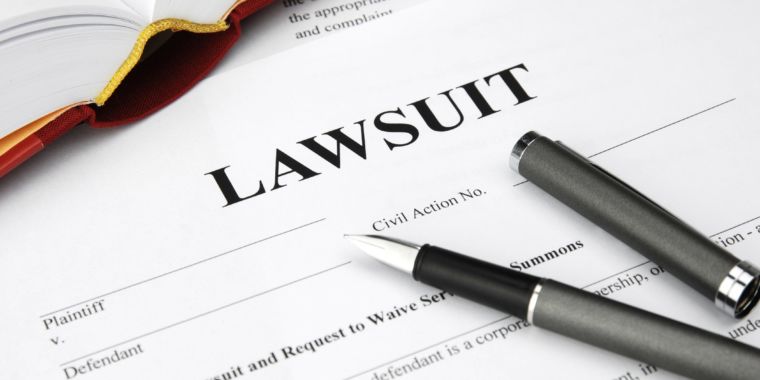
Elon Musk has been sued by a Twitter investor who claims to have broken the law in a plan to lower Twitter’s share price.
The lawsuit was filed Wednesday against Musk and Twitter in the US District Court for the Northern District of California. It tells a lot about Musk’s behavior since he started investing in Twitter and agreed to buy the company for $44 billion.
The lawsuit noted that “Tesla’s stock is now worth much less than when Musk agreed to buy Twitter,” as “Tesla’s stock has fallen more than 37 percent since the announcement of the acquisition.” Musk, the CEO of Tesla, “tied his Tesla stock as collateral for a $12.5 billion loan to fund the Twitter buyout” and thus faces “the risk of a margin call or a requirement to put in more cash.” “, says it.
“Musk acted quickly to try to mitigate these personal risks to himself by engaging in illegal behavior that drove the price of Twitter stocks down,” the indictment said. Musk went on to make statements, send tweets and conduct intended to cast doubt on the deal and significantly lower Twitter’s stock to create leverage Musk hoped to use either to backfire. withdraw from the purchase or renegotiate the buyout price by as much as 25 percent, which if realized would result in a $11 billion reduction in the acquisition price.As set forth herein, Musk’s conduct was and remains unlawful, in violation of the California Corporations Code, and in violation of the contractual terms he agreed to in the deal.”
The lawsuit was filed by Twitter shareholder William Heresniak, a resident of Virginia, seeking class action status on behalf of all Twitter shareholders. Musk’s market manipulation has worked – Twitter has lost $8 billion in valuation since the buyout was announced, the lawsuit says. The lawsuit seeks “punitive damages up to the maximum amount allowed by law”, damages for shareholders and “declaratory and injunctive relief from Twitter and Musk”.
Musk claimed Twitter purchase was ‘on hold’
One of the allegations relates to Musk tweeting that his Twitter buyout has been put “on hold” due to concerns about the number of spam and fake accounts on the site. “Twitter deal temporarily suspended pending details to support calculation that spam/fake accounts indeed represent less than 5 percent of users,” Musk wrote in the tweet on May 13.
“Musk’s tweet (and public statement) was misleading and constituted an attempt to manipulate the Twitter stock market as he knew all about the fake accounts,” the lawsuit said. “The statement was incorrect because the buyout was in fact not ‘temporarily on hold’. There is nothing in the buyout contract that allows Musk to put the deal ‘temporarily on hold’.”
As we’ve noted, Musk’s offer to buy Twitter waived “business due diligence.” Musk has provided no evidence to refute Twitter’s statement that less than 5 percent of daily active monetization users (mDAUs) are spam or fake. Musk has said he thinks at least 20 percent of Twitter accounts are fake or spam, but Twitter’s 5 percent figure refers only to accounts that are logged in and can see ads every day.
The investor’s lawsuit said that “Musk’s statement was misleading in that it stated or suggested that Musk’s obligation to complete the buyout was conditional on his satisfaction with due diligence to determine whether ‘spam/fake accounts’ indeed represent less than 5 percent of the users.” This was incorrect because Musk specifically waived detailed due diligence as a condition precedent for its obligations under the buyout contract, so Musk had and does not have the right to cancel the buyout based on results of due diligence regarding the number of spam/fake accounts on Twitter. Musk then proceeded to post false and derogatory tweets about Twitter in an effort to further drive the share price down.”
Musk’s false and misleading tweets “made Twitter’s shares plummet in the days following the tweets, in stark contrast to the Nasdaq index, which rose,” the lawsuit said. Musk was aware of Twitter’s spam problem before agreeing to buy the company, having “tweeted about that problem on Twitter several times in the past,” according to the lawsuit.

